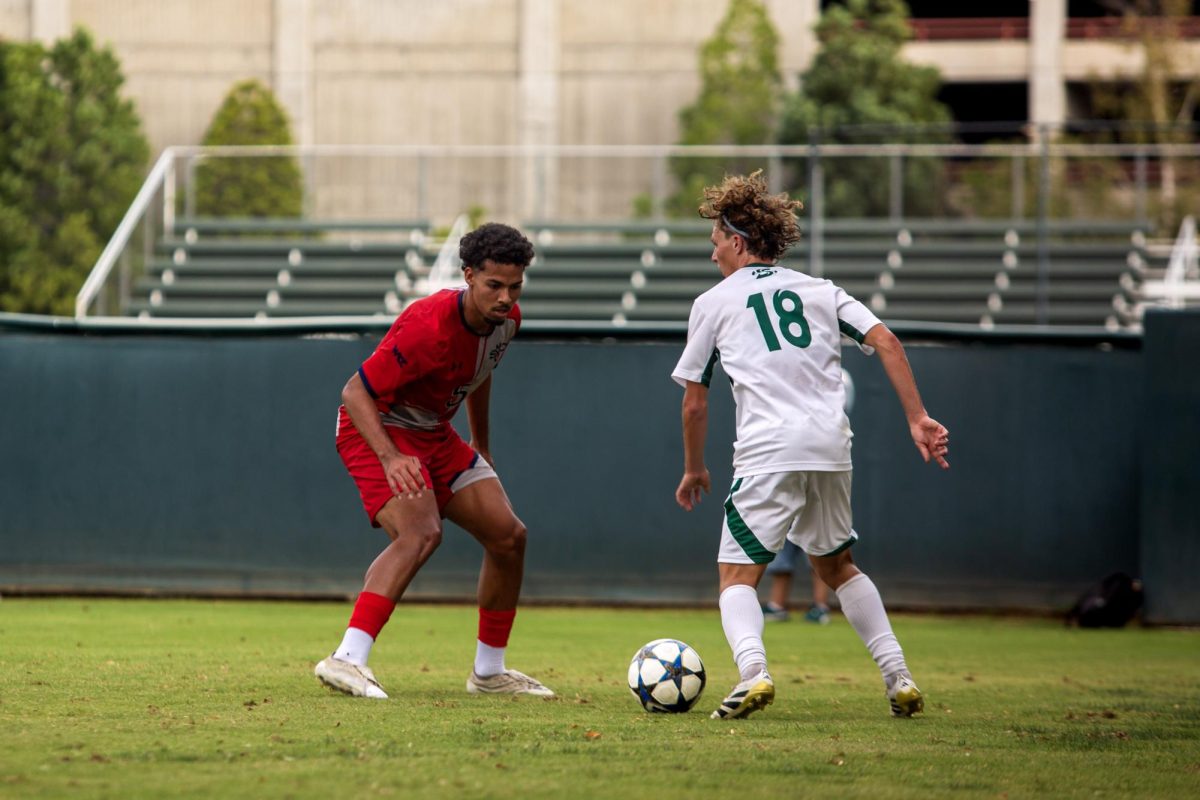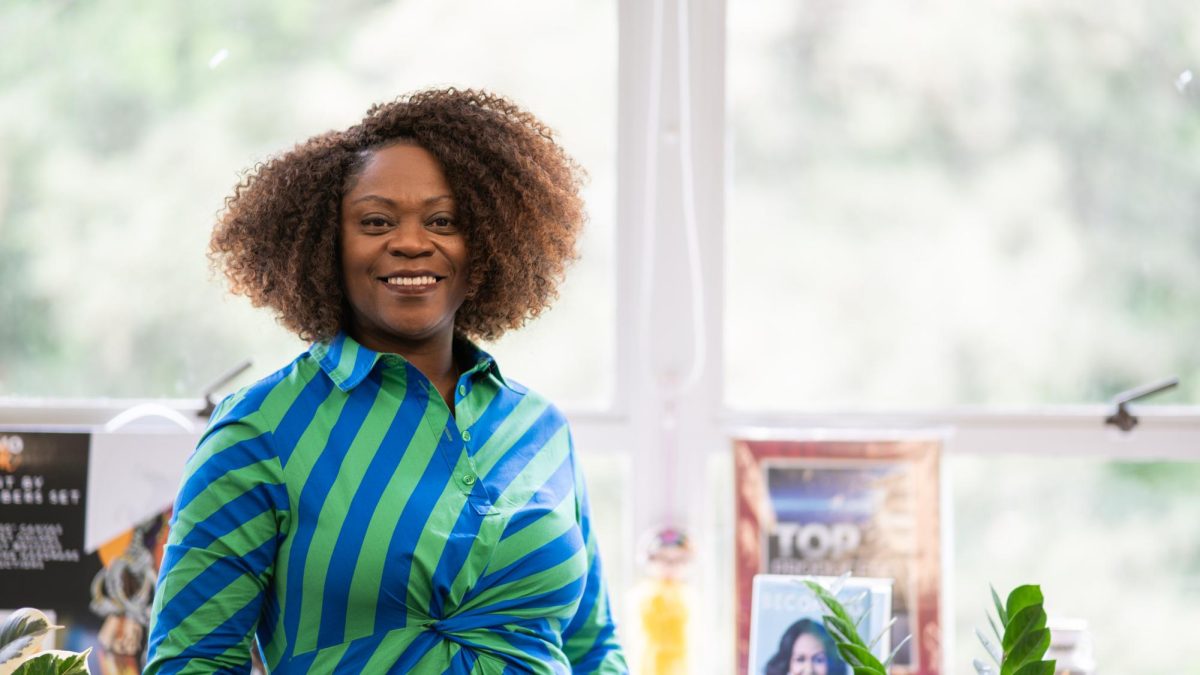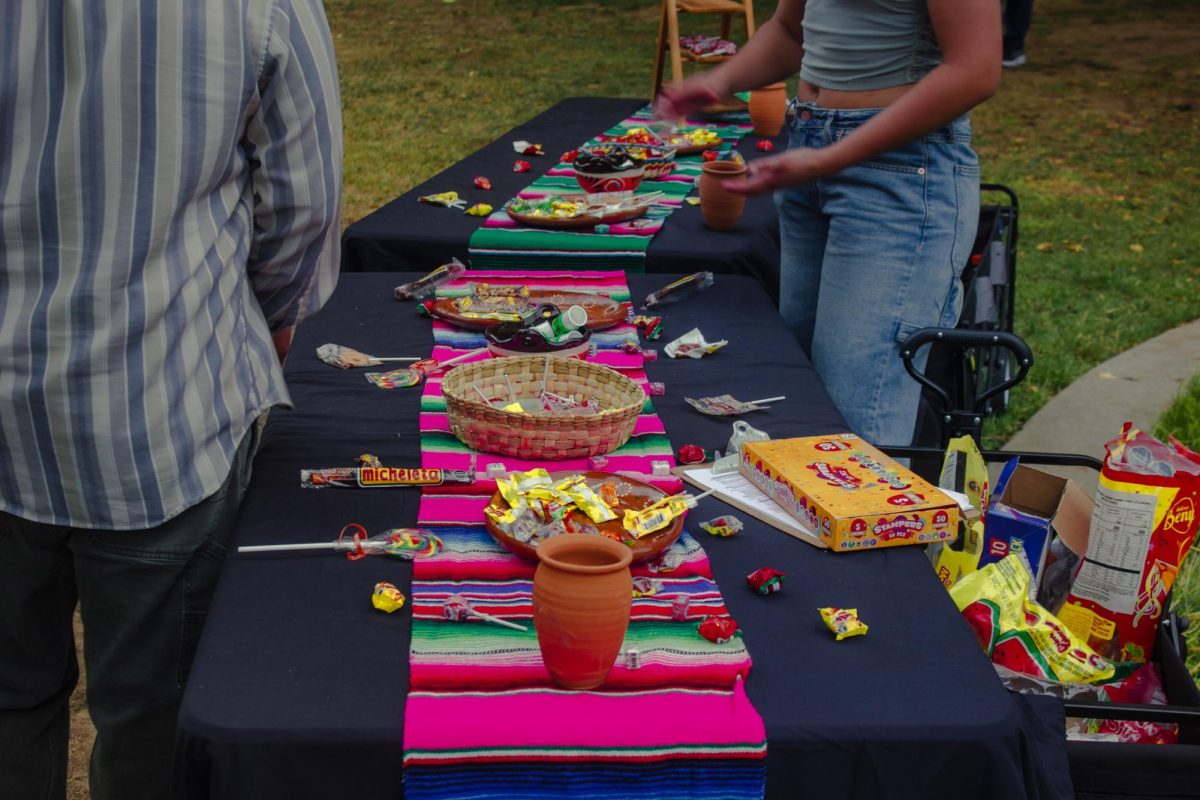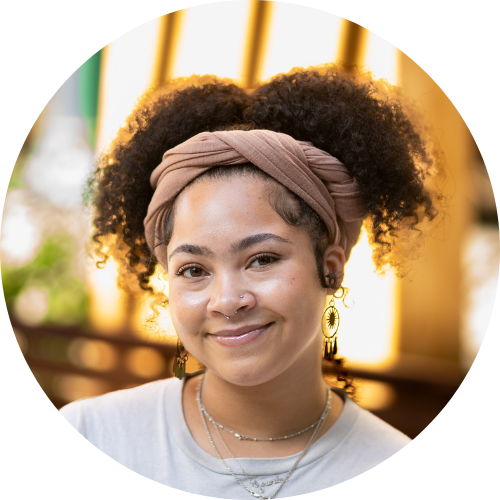“Influential,” “dynamic” and “stylish” are just a few of the words commonly used to describe Sac State’s Vice President of Inclusive Excellence Mia Settles-Tidwell. Those she works closely with describe her as a “Beyoncé-like” figure on campus.
Settles-Tidwell is also highly esteemed by the team members she works closely with on a daily basis, establishing friendships with many of the people who walk into her office.
“She helps me see things out of my diversity and inclusion lens, even when I’m struggling because we all have biases,” Division of Inclusive Excellence Director of Operations Kimberly Donaville-Davis said. “She’s been very instrumental in helping me have a wider perspective on not just our campus, but the world.”
With some of her team members, Settles-Tidwell has stepped into the role of mentor, offering her wisdom for professional and personal counseling.
“I consider her a mentor. She’s kind of taken me under her wing and given me a lot of guidance and advice about how to prepare for the next steps in my career,” Division of Inclusive Excellence Communications and Programs Specialist Leha Hawkins said. “She’s just super supportive,” she said.
Born and raised in the Bay Area, Settles-Tidwell grew up in a two-parent middle-class home. Understanding the certain advantages she was born with, she grew to empathize with the community around her and developed a passion for helping others.
“I was born extremely privileged,” Settles-Tidwell said. “I call them my unearned privileges, but those privileges taught me how important it was to fight for people who did not have the same privileges that I had.”
RELATED: Sac State discusses racism, explores inclusive learning at campus symposium
In her role here at Sac State, Settles-Tidwell works diligently toward ensuring educational and social equity through projects like the Anti-Racism and Inclusion Campus Plan, which she credits for inspiring her to accept the vice presidential position.
“Though the plan was, in some ways, not complete, the idea and inspiration and aspiration behind it is what drew me here,” she said.
Her continued work on the campus plan is focused on making measurable progress toward a growing list of goals geared towards inclusion and based on the lived experiences of students.
Referencing famous psychologist Abraham Maslow’s hierarchy of needs, Settles-Tidwell discusses these goals as the three guiding principles of meeting the needs of each and every student. These goals include ensuring the mental and physical safety of all that step foot on campus and establishing a sense of belonging throughout the entire Sac State community.
Taking shape during the peak of the COVID-19 pandemic, the journey to stepping into her title on campus was a lengthy and high-profile process.
In addition to submitting a traditional application, Settles-Tidwell underwent a variety of interviews and panels in which she described in detail her service to underserved communities and her experience with college-level administrative work.
“I was sharing in the interview process what I’ve actually done in this space that matters, not only to the people that I serve, but what matters to me,” Settles-Tidwell said.
Some of her most notable work was her experience outside the realm of higher education as a teacher within the Oakland Unified School District.
RELATED: Bias Reporting Tool, how to report at Sac State
Working almost every position from teacher to superintendent, Settles-Tidwell spent twenty years serving and experiencing the livelihood of Oakland’s youth. Helping to accomplish progressive action like an improved equity-based budgeting system for schools in low-income communities, she highly regards her time working in the K-12 education system as one of the things that prepared her for her role at Sac State.
Settles-Tidwell also regards former Sac State President Nelsen and his “commitment” to her as a significant driving factor of her decision to accept the Vice President position. She credits him for allowing her the space and authority to make the Anti-racism and Inclusion Campus Plan into an “action plan.”
The high-profile role that Settles-Tidwell has stepped into comes with many responsibilities. She finds herself wearing many hats when it comes to serving Sac State’s student population and taking the initiative to educate the community on the true meaning of diversity.
“It’s not an us versus them. When we do that, we reproduce the status quo and we reproduce the idea of supremacy and hierarchy of human value,” she said. “Diversity doesn’t just mean people of color.”
During her time at Sac State, Settles-Tidwell said she’s dedicated to contributing to a complete transformation of Sac State’s original campus design.
“My job is to help bring this work into focus and to create an environment that pushes on the status quo. That part of my job is my activism,” she said.

























































































































